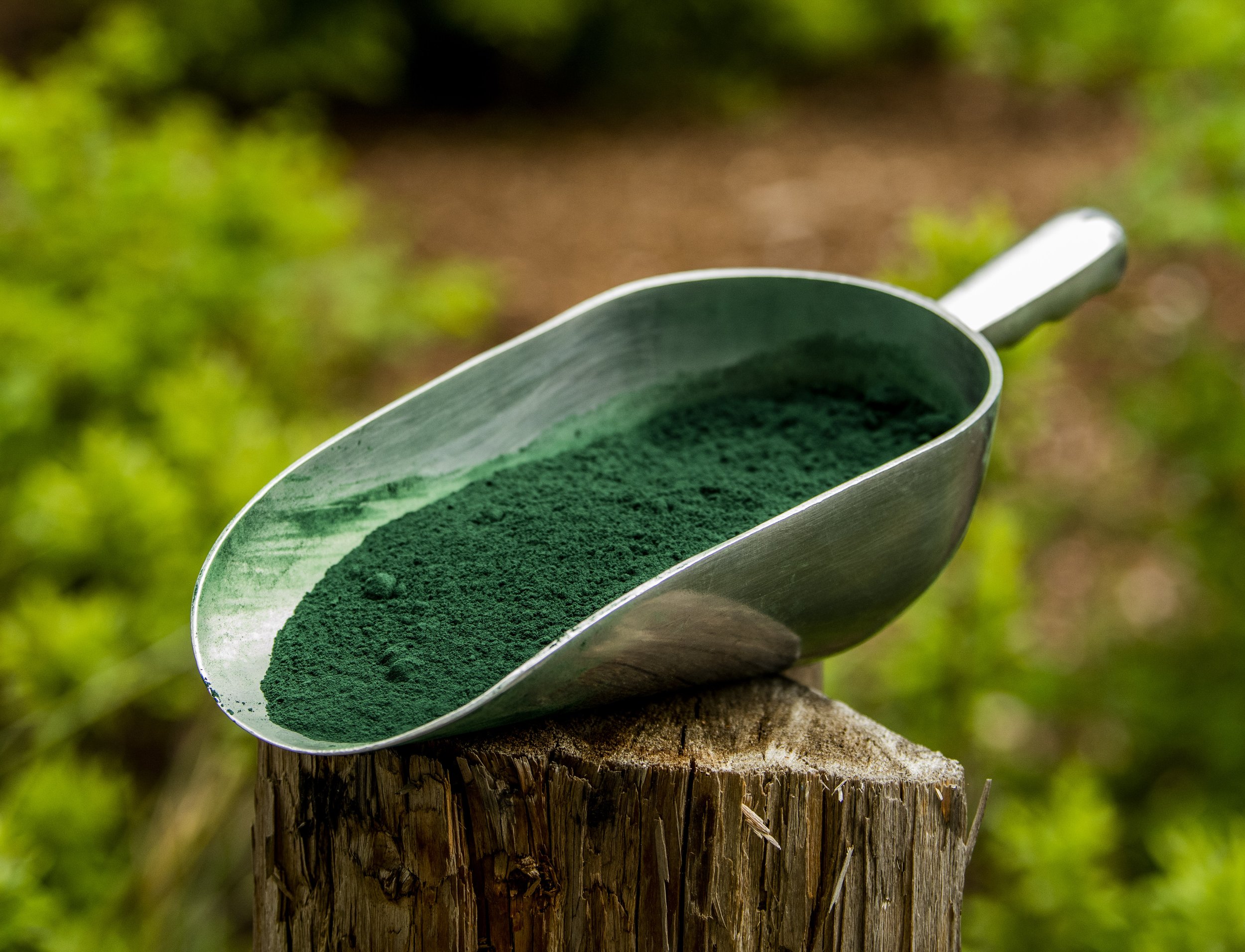Should I Feed My Animal Spirulina or Kelp?
Spirulina or kelp… these food sources are increasingly common in health food stores. Many human athletes will be quick to tell you about the green smoothie they mix up each morning. So what IS the big deal?
Are these just different names for the same thing? Are they plants or animals? If they’re good for me, are they good for horses? What about my dog? Let’s see if we can sort this out.
Are They the Same Thing?
No. Well, kind of. But not really.
Both spirulina and kelp are types of algae that depend on light and photosynthesis to grow. Spirulina is not seaweed.
Spirulina grows in freshwater. Kelp grows in saltwater.
Spirulina is multicellular and blue-green in color. Kelp is a brown alga.
Spirulina is classified as cyanobacteria. Kelp is a protist, from the same family of organisms as molds and amoebas.
Which One Should I Feed to my Horse or Dog?
While both of these can be healthful supplements, we, along with many nutritionists and veterinarians recommend feeding spirulina.
Why Spirulina?
As a superfood, spirulina is about usually 55-60% protein (our spirulina is closer 70% protein), containing all the essential amino acids. In fact, spirulina is actually the base of Equitop’s product, Myoplast, a supplement for muscle development in horses. Read how G’s Pure Organic Spirulina compares to Myoplast.
Additionally, spirulina is an amazing source of nutrients. It:
Is chock-full of carotenoid antioxidants and phytonutrients to support a healthy immune system, prevent disease, and slow the aging process.
Is an excellent solution for animals with allergies, as it blocks histamine production which can prevent allergic reactions.
Has cancer-fighting properties, as it stimulates healthy cells, and helps to repair damaged cells.
To learn more about Spirulina for horses check out our Single Ingredient Product page about Spirulina, or for dogs check out the Spirulina section of our Dog Products page.
Why Not Kelp?
Kelp is often looked to as an iodine and trace mineral supplement. But the iodine content of kelp is much higher than most horses can tolerate. Even when fed at safe levels, the other trace minerals are provided at almost undetectable levels. This also applies to dogs. While kelp is appropriate for iodine supplementation, given the appropriate dosage, the trace minerals are of little value.
According to Kentucky Equine Research “Kelp is most commonly fed to horses for the iodine content, as this mineral is necessary for thyroid hormones that regulate metabolism. When there is a deficiency or toxicity of iodine, hypothyroidism or abnormal thyroid activity can result.”
But Wait - There’s a Catch…
As with most good things, there’s a caveat to spirulina. Depending on where it is grown, it may be subjected to toxins in the water and may collect a concentration of heavy metals. When purchasing a spirulina supplement for yourself or your animals, always ensure it’s been tested for safety.
G’s Pure Organic Spirulina is grown, harvested, and purchased from certified organic farmers with proven track records. Additionally, the spirulina we use is human-grade, and is tested by a third-party lab. Our lab results are available for your review.
Are you in the market for Spirulina?
Learn more about G’s Pure Organic Spirulina and shop for yours today!

